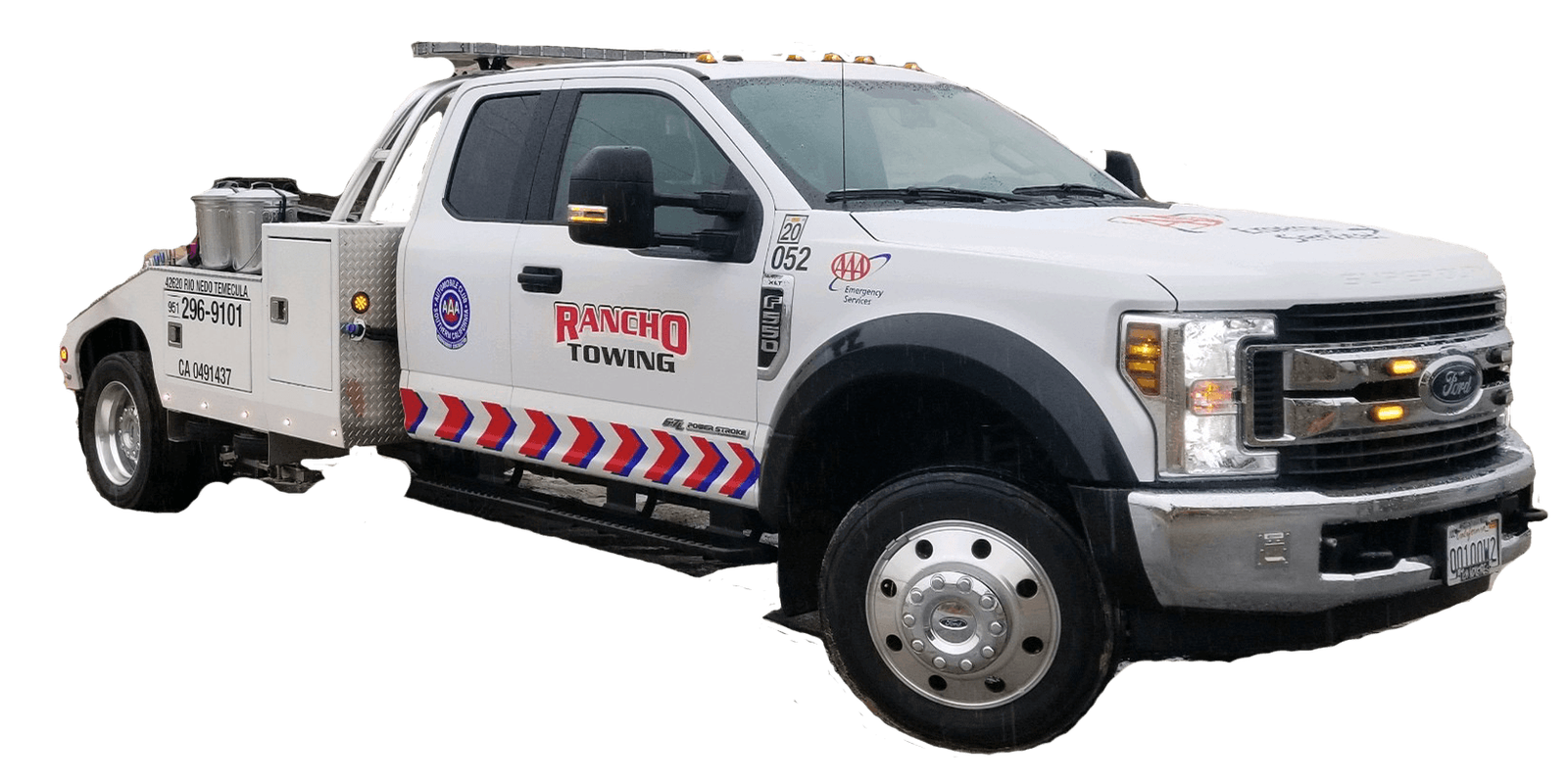In the realm of towing vehicles, the evolution from traditional methods to modern innovations has ushered in a new era of safety and efficiency. Unlike their predecessors, flatbed tow trucks represent a significant advancement in the towing industry, providing a secure and adaptable solution for transporting vehicles of various sizes and conditions. With a distinctive feature of a tiltable flatbed positioned at the rear, these contemporary trucks redefine the towing process. The ingenious design allows the flatbed to be inclined to ground level, facilitating effortless loading of vehicles, followed by a seamless transition to a horizontal position for transport. This dynamic functionality not only enhances the safety of the loading process but also ensures that the towed vehicle remains securely positioned throughout the journey. As a result, flatbed tow trucks have become the preferred choice for towing needs, offering unparalleled protection against road hazards and minimizing the risk of damage during transportation.
Advantages
- Secure Loading: Flatbed tow trucks offer a safer way to load vehicles onto the bed. With the bed inclined to ground level, there’s less risk of accidents during the loading process.
- Protection from Road Hazards: By keeping the entire vehicle off the road, flatbed towing minimizes the risk of damage from debris or rough road conditions. This is especially important for delicate or expensive vehicles.
- Versatility: Flatbed tow trucks can handle a wide range of vehicles, including larger ones like SUVs and trucks. This versatility makes them a go-to choice for many towing needs.
- Preventing Further Damage: For vehicles already damaged in accidents, flatbed towing ensures that no additional harm comes to them during transport. This can be crucial for insurance purposes and vehicle safety.
Wheel Lift Tow Truck
Wheel lift tow trucks feature a heavy-duty hydraulic crane at the rear, equipped with crossbars for lifting either the front or rear tires of the vehicle. This method keeps two tires on the ground while securely lifting the other end, providing a stable towing solution.
Advantages
- Partial Ground Contact: With two tires still touching the ground, wheel lift towing reduces friction and potential damage to the vehicle being towed. This can be advantageous for shorter-distance tows.
- Stability: The hydraulic crane used in wheel lift towing keeps the lifted end of the vehicle securely in place. This stability minimizes swaying and shaking during transit, enhancing safety.
- Maneuverability: Wheel lift tow trucks are smaller and more maneuverable than flatbeds, making them well-suited for urban towing needs. They can navigate tight streets and parking lots with ease.
- Accessibility: Wheel lift tow trucks can access vehicles in tight spaces or awkward positions where a flatbed might not be able to reach. This makes them particularly useful for towing vehicles from parking garages or off-road locations.
- Cost-Effectiveness: Due to their smaller size and simpler design, wheel lift tow trucks are often more cost-effective to operate and maintain compared to flatbeds. This can be advantageous for towing companies looking to minimize expenses.
Considerations
- Distance: If you’re towing over long distances, a flatbed truck is generally the better option due to its superior protection and stability. However, for shorter hauls within a city or town, a wheel lift truck might suffice.
- Vehicle Size and Condition: Consider the size and condition of the vehicle being towed. While wheel lift trucks are versatile, larger or heavily damaged vehicles may require the extra security of a flatbed.
- Specific Needs: Assess your specific towing needs. Are you towing a luxury car, an SUV, or a compact sedan? Factor in vehicle type, condition, and the distance of the tow when selecting the right tow truck for the job.







